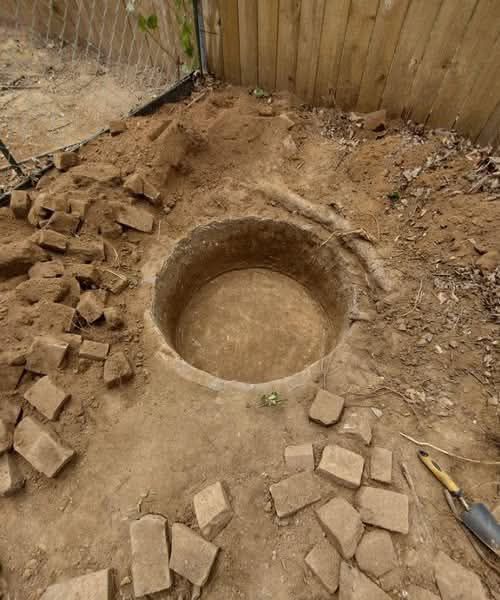ADVERTISEMENT
way to reduce the amount of waste sent to landfills while also enriching the soil for gardening. In urban areas, composting was more difficult but not impossible. There were even small-scale composting efforts in city gardens and public spaces where organic waste was transformed into nutrient-rich soil for planting.
Waste Disposal Innovations and Public Awareness
The mid-20th century also marked the introduction of some key innovations in waste disposal. Cities began experimenting with incinerators, which burned trash at high temperatures to reduce its volume. While this method was initially seen as a solution to the growing waste problem, it also created new environmental concerns, particularly related to air pollution.
Public awareness about waste management grew during this time, especially in the 1960s and 1970s when environmental movements began to take hold. The first Earth Day, held in 1970, was a milestone in the rise of environmental consciousness. This event and others helped spread the idea of reducing waste and being more mindful about the impact of consumer habits on the environment.
At the time, the solutions were still relatively rudimentary, but they laid the groundwork for the waste management practices we see today. The seeds of recycling programs, composting initiatives, and cleaner disposal technologies were planted during this period, eventually leading to the more sophisticated and sustainable systems we have now.
Key Takeaways: The Legacy of Mid-Century Waste Management
Looking back, the way mid-century communities managed everyday waste shows a fascinating evolution from a “throwaway” culture to a more organized and somewhat environmentally conscious society. Key practices from the mid-century era include:
- Garbage collection services: Municipal systems that began to organize waste disposal on a large scale.
- Recycling and reusing: Informal practices of returning bottles and reusing materials paved the way for formalized recycling programs.
- Composting: Though not widespread, composting provided a natural way to recycle organic waste.
- Public awareness: The environmental movements of the 1960s and 1970s helped raise awareness about waste, which led to the development of the recycling and waste diversion practices that are now common.
In many ways, the waste management practices of the mid-20th century laid the foundation for the more sustainable and innovative systems we rely on today. From garbage collection to recycling, composting, and even the rise of eco-friendly technologies, the legacy of the mid-century’s approach to waste management continues to shape the way we handle waste in the modern world.
ADVERTISEMENT
ADVERTISEMENT
